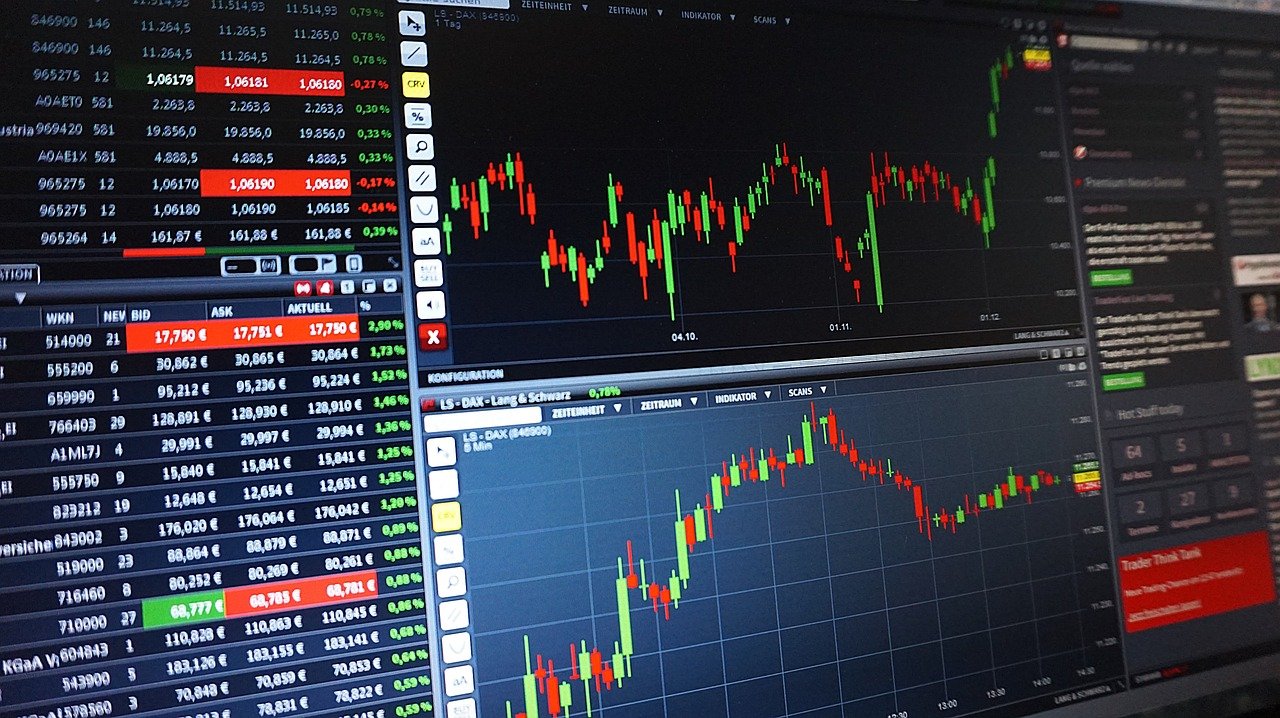Why investors are not entirely sold on investing in a Bitcoin futures ETF

With two Bitcoin futures ETFs set to make market debut, let’s dive deep into the cost associated with owning these contracts. ProShares Bitcoin futures ETF is reportedly set to go live on 18 October, likely followed by Invesco’s ETF on the next day on 19 October.
We know that there are additional costs associated with an ETF. Apart from a brokerage commission, analysts are anticipating a higher expense ratio with these traded funds. As the filing by ProShares marks an annual operating expense of 0.95%, an investor will essentially spend $9.5 per $1000 worth of investment each year.
Additionally, it can be an expensive call for frequent traders when compared against BTC wallet traders. And, that’s not all as some brokers also require investors to put down collateral in the form of cash to take trading positions.
Jamie McAvity, commodity investor and CEO of Cormint Data Systems recently tweeted about why futures ETF might not be the best investment in terms of yield returns.
If you plot the -1% roll yield that the futures-based etf will pay each month to hold its position in futures it's like watching a car crash happen in slow-motion:
1 BTC =
20 months: .8BTC
80 months: .5BTC
120 months: .3BTC@GaryGensler How is this investor protection? pic.twitter.com/FGnUhFXBiv
— James McAvity (@jamesmcavity) October 16, 2021
Investors should also note that trading and clearing of Bitcoin futures are regulated by the Commodity Futures Trading Commission (CFTC) in the United States. However, Bitcoin futures are listed and cleared on Chicago Mercantile Exchange, a United States registered designated contract market (DCM) and derivatives clearing organization (DCO).
So essentially, the contract will not include the exchange of actual Bitcoin. Also, the users will not need a digital wallet to take positions. Instead, CME explained that Bitcoin futures are financially settled with a brokerage house. Additionally, it is rather uninteresting to point out again that these contracts do not directly track the spot prices of Bitcoin.
The exchange states that Bitcoin futures can be transacted 24/7. However, investors should note that clearing sessions on CME will be different than how trades are settled in a decentralized space. The trading access is of “nearly” 24 hours, six days a week.
When is it fine to dive into the Bitcoin Futures ETF?
Investors willing to gain crypto exposure and have no access to the asset class directly can look at Bitcoin futures ETF. Since ETFs can attract significant management fees, many prefer direct market participation.
It is also noteworthy that some ETFs can have major tracking errors. However, a futures contract can avoid it as it doesn’t closely follow the spot prices. It is the case of “win some, lose some.” But, this could be one of the reasons why SEC chief Gary Gensler expressed more comfort with a futures-based ETF against a direct Bitcoin ETF.
Another fund ETF applicant and CEO Jan van Eck had previously stated,
“[Gensler]’s much more comfortable dealing with regulated exchanges and entities that the SEC can interact with or other federal regulators can interact with, so that’s why he said positive things about the Bitcoin futures.”
But, not everyone in the community is disappointed as a futures ETF would mean the opening of an avenue for a spot Bitcoin ETF. Recently, Mark Cuban was however quoted saying in a TV interview that he won’t invest in an ETF; he said,
“No, I can buy BTC [Bitcoin] directly.”
With that, ETFs by fund providers like Valkyrie Investments and VanEck might be the next in line for approval.






